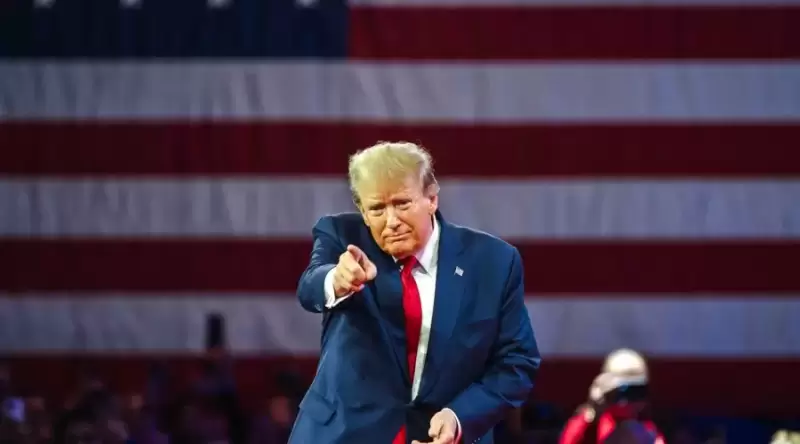 |
|
 |
|
 |
|
 |
|
 |
|
 |
|
 |
|
 |
|
 |
|
 |
|
 |
|
 |
|
 |
|
 |
|
 |
|
Bitcoin's potential as a store of value is increasingly clear. Its decentralized nature, fixed supply, and ability to withstand economic pressures make it an attractive alternative to traditional assets like gold and fiat currencies.

Bitcoin: A Contender for the Digital Store of Value
In the realm of finance, a "store of value" refers to an asset capable of preserving its purchasing power over time, even amidst economic turbulence, inflation, or currency devaluation. Traditionally, assets like gold and real estate have been deemed reliable stores of value. However, in the era of digital transformation, Bitcoin has emerged as a leading contender in this category.
Commonly hailed as "digital gold," Bitcoin has garnered the attention of investors and economists alike due to its ability to retain and increase value over time. Here's a closer look at the factors contributing to Bitcoin's potential as a store of value:
1. Decentralized Nature and Fixed Supply:
Bitcoin's design plays a crucial role in why it's seen as a store of value. It is decentralized, meaning it operates independently of any government or central bank. This characteristic gives Bitcoin inherent properties similar to precious metals like gold, which have long been regarded as safe havens during times of economic instability.
Unlike fiat currencies, which are subject to inflationary pressures due to central banks' ability to print more money, Bitcoin's supply is hard-coded into its algorithm. This fixed supply guarantees that no more than 21 million bitcoins will ever be mined, creating a deflationary environment that is increasingly appealing in a world where many currencies are susceptible to devaluation.
2. Scarcity and Its Role in Value:
At the heart of Bitcoin's potential as a store of value is its scarcity. Gold, for instance, is valuable because it is rare and difficult to extract from the earth. Similarly, Bitcoin's scarcity is rooted in its fixed supply cap and the difficulty in acquiring it through mining.
As more people recognize Bitcoin as a legitimate form of wealth, demand for the digital currency increases. As with any scarce asset, increased demand drives up the price. Over the years, Bitcoin has experienced significant price fluctuations, but its long-term trend has been upward, which many believe is a clear sign that it is gaining recognition as a reliable store of value.
3. Contrast with Fiat Currencies:
The fixed supply of Bitcoin contrasts sharply with fiat currencies, such as the U.S. dollar, which are not backed by any physical commodity. Central banks, including the U.S. Federal Reserve, have the authority to print more money whenever they choose, which can lead to inflation. In the case of Bitcoin, the total number of coins that will ever be mined is set, and no one can alter that limit.
4. Bitcoin's Role in the Modern Economy:
In recent years, the economic landscape has been marked by uncertainty. From the COVID-19 pandemic to geopolitical tensions and financial market instability, many individuals and institutions are looking for assets that can hold their value in these turbulent times. Bitcoin fits this role perfectly.
Many investors view Bitcoin as a hedge against inflation. When central banks print more money to stimulate economic activity, the value of fiat currencies can erode. This is particularly evident in countries like Venezuela and Zimbabwe, where hyperinflation has led citizens to turn to alternative stores of value, such as Bitcoin, in an effort to preserve their wealth. Bitcoin's finite supply makes it an attractive option for those looking to protect their assets from the eroding effects of inflation.
5. Institutional Adoption:
Institutional investors, once wary of cryptocurrencies, have also begun to view Bitcoin as a valuable addition to their portfolios. In 2020 and 2021, Bitcoin saw a surge of institutional investment from companies like Tesla, Square, and MicroStrategy.
Hedge funds, pension funds, and even public companies are increasingly including Bitcoin in their investment strategies, recognizing its potential as both a store of value and a diversification tool.
6. Bitcoin and Economic Uncertainty:
The global economy is currently facing a variety of challenges, from supply chain disruptions to rising energy prices. These issues often lead to economic uncertainty, which can prompt inflationary pressures. Bitcoin, with its limited supply and decentralized nature, presents an alternative to traditional financial assets.
A key argument for Bitcoin's potential as a store of value is that it operates outside the control of central banks and governments. During times of economic hardship or when confidence in fiat currencies wanes, Bitcoin's decentralized, borderless nature makes it an attractive option. Individuals and institutions can hold and transfer Bitcoin without the need for intermediaries, making it a resilient asset in the face of financial instability.
7. Comparing Bitcoin to Traditional Safe-Haven Assets:
Gold has long been the go-to asset when it comes to hedging against economic uncertainty. It is often seen as a store of value because it is not tied to any particular government or economy, making it immune to the fluctuations of any single nation's currency. However, Bitcoin shares several qualities with gold, while also offering distinct advantages.
Both Bitcoin and gold are scarce, durable, and not subject to the whims
Disclaimer:info@kdj.com
The information provided is not trading advice. kdj.com does not assume any responsibility for any investments made based on the information provided in this article. Cryptocurrencies are highly volatile and it is highly recommended that you invest with caution after thorough research!
If you believe that the content used on this website infringes your copyright, please contact us immediately (info@kdj.com) and we will delete it promptly.
-

-

-

-

-

- US President Donald Trump has once again delivered on his campaign promise.
- Apr 03, 2025 at 03:05 pm
- Yesterday (Wednesday), he officially ordered reciprocal tariffs to be imposed globally from 5 April. Global stock and cryptocurrency markets are expected to see cautious investor sentiment due to the possibility of an escalated trade war triggered by these US tariffs.
-

-

- Pi Network Price Crashes Hard as Binance Skips the Token in Its Latest Vote to List Initiative
- Apr 03, 2025 at 03:00 pm
- Pi Network supporters are once again left frustrated as Binance skips the token in its latest Vote to List initiative. This marks the second time the world's largest exchange has ignored Pi, shutting down hopes of an imminent listing.
-

-




























































